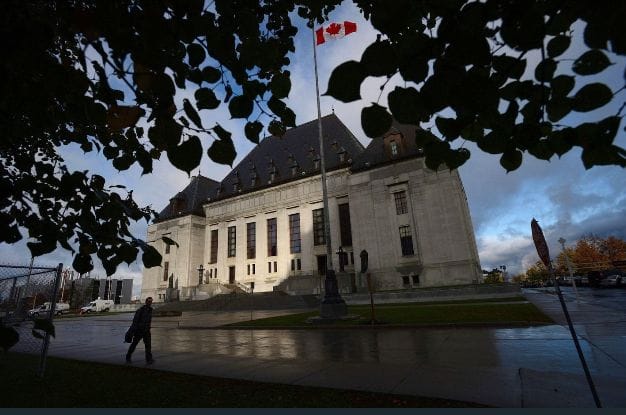Treaties signed over 170 years ago between Canada’s British colonial settlers and various Indigenous groups have been at the centre of a recent ruling by Canada’s Supreme Court.
The court found that successive Canadian governments have failed to uphold these agreements, leading to generations of First Nations not receiving fair compensation for resource revenue. This failure to honour promises has had a profound impact, resulting in ongoing struggles for groups like the Ojibewa (Anishinaabe) people and their descendants, who have been left grappling with poverty as a consequence of broken commitments.
In a landmark decision issued on Friday, the Supreme Court of Canada has mandated the government to engage in negotiations to determine the compensation owed to the affected Indigenous groups. This ruling sheds light on the historical injustices faced by these communities and underscores the importance of addressing past wrongs to pave the way for healing and reconciliation. The court’s directive signals a significant step towards rectifying the longstanding grievances stemming from unfulfilled treaty obligations, highlighting the need for accountability and redress in the pursuit of justice and equity for all Canadians.
The court’s decision serves as a reminder of the critical need to uphold treaty rights and obligations, emphasizing the importance of honouring agreements made with Indigenous peoples. By acknowledging and addressing historical injustices, Canada can move towards a more inclusive and equitable society, fostering a future where all individuals, regardless of background, can thrive.
This ruling not only holds the government accountable for its commitments but also sets a precedent for respecting Indigenous rights and working towards a more just and unified nation.
